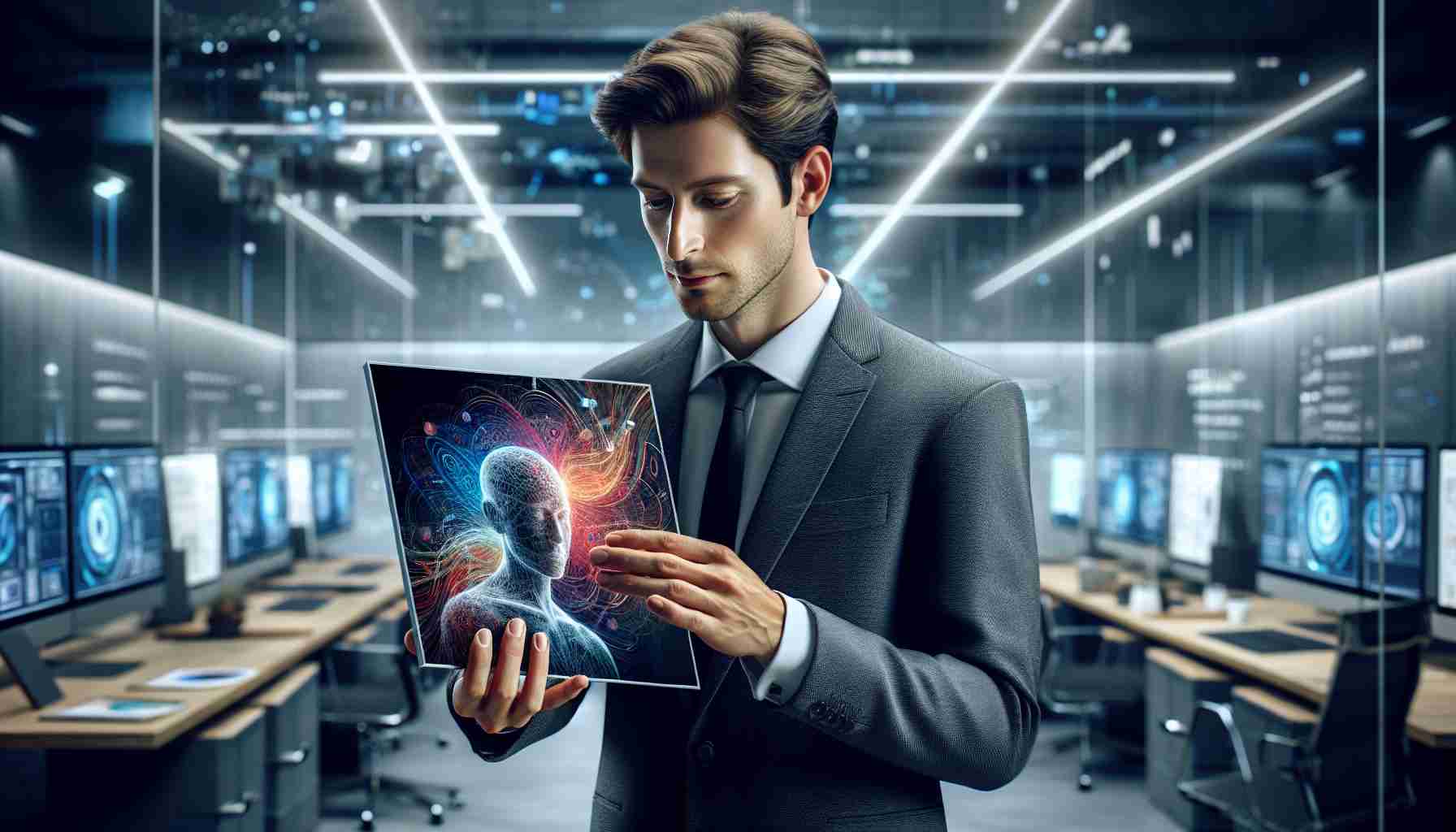Sam Altman, the head of OpenAI, recognizes human creativity as an invaluable asset despite the rise of artificial intelligence. The recent guest appearance of Sam Altman on the All-In podcast, hosted by a group including Chamath Palihapitiya and Jason Calacanis, revealed some intriguing insights into his perspective on AI’s role in music. Discussing the potential of AI to develop melodies on command, Altman shared a possible future where a large-scale musical data set could be created from thousands of compositions by human musicians. This would serve as a training foundation for AI to understand song structure and produce catchy beats.
Yet, Altman admits there’s an intangible quality to human creativity that AI simply can’t replicate. He believes it’s important to ponder how AI should enhance rather than supplant human artistic expression. According to Altman, advancements in AI should propel us to new heights of creativity while preserving the spirit of human artistry.
The question of copyright laws in the age of AI-generated music also came to light. Altman suggested that, while current laws provide a framework for fair use, AI necessitates a fresh perspective on intellectual property, especially in creative domains. He highlighted the debate around whether AI should be able to produce music reminiscent of specific artists, like Taylor Swift, without training on their specific songs. In that vein, he touched upon the importance of having systems in place that allow artists to opt in or out and suggests thinking about new economic models.
Throughout the conversation, Altman consistently acknowledged his appreciation for human art, despite the paradox this seems to present in light of AI’s ability to mimic human-generated art forms. This stance is particularly noteworthy as it contrasts with the concerns that AI may be dampening human creativity, a topic that OpenAI’s products, like ChatGPT and DALL-E, often find themselves at the center of.
Important Questions and Answers:
– What is the stance of OpenAI’s CEO, Sam Altman, on the role of AI in art?
Sam Altman views human creativity as irreplaceable and believes AI should augment rather than replace human artistic creativity. His outlook is that AI advancements can help humans reach new creative heights while acknowledging the innate value of human art.
– What are the key challenges and controversies associated with AI in the creative domain?
One of the main challenges is the question of copyright and intellectual property rights. AI’s ability to generate music and art similar to existing human artists raises legal and ethical questions about ownership and royalties. Additionally, there is concern about AI diminishing the value and originality of human-created art.
– What are the advantages and disadvantages of AI in music creation?
Advantages include increased efficiency, the ability to produce large quantities of compositions quickly, and the potential to assist musicians in creating new pieces or finding inspiration. Disadvantages cover potential copyright issues, reduced demand for human composers, and concerns about the dilution of artistic authenticity.
Key Challenges and Controversies:
– Respecting Intellectual Property: Differentiating between inspiration and infringement is complex with AI creations, leading to debates about what constitutes fair use.
– Economic Models: Redefining compensation for artists in a landscape where AI can produce similar works is challenging.
– Artist Involvement: Developing systems that respect artists’ choices regarding whether AI can emulate their style or specific works.
– Authenticity and Value: Balancing AI’s efficiency with maintaining the unique value and emotional resonance of human-made art.
Advantages and Disadvantages:
Advantages:
– AI can expedite the creation process and help artists by offering new tools for creativity.
– AI can bring music to settings where human composition is not feasible due to cost or time constraints, like video games or background music for content creation.
– Universities, researchers, and hobbyists gain access to advanced tools for experimentation and learning.
Disadvantages:
– Potential infringement on intellectual property could reduce incentives for human artists to create new works.
– Economic implications for artists, with AI potentially taking their places in an industry already challenging to succeed in financially.
– May lead to homogenization in art, as AI might prioritize patterns that are popular or well-received over truly novel creations.
To learn more about OpenAI, you can visit the official website at: OpenAI.

